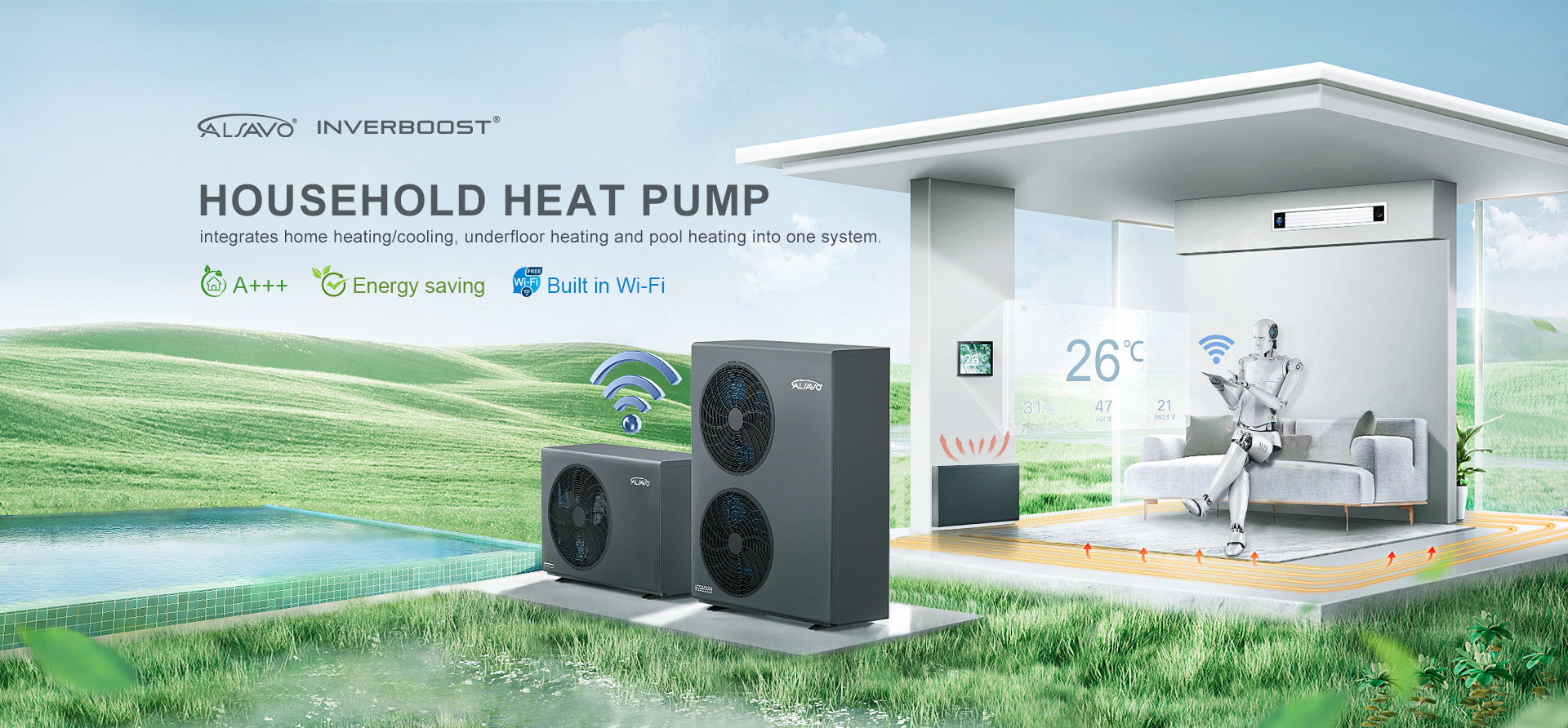1. Cost Savings
Heat pumps use energy far more efficiently than traditional HVAC systems. The energy efficiency of a heat pump makes them much cheaper to use in comparison to other heating and cooling systems. And they use significantly less electricity than traditional heating and cooling systems. During the summer, heat pumps extract the heat from the outside air and transfer it into the home, thus cooling it. During the winter, heat pumps extract heat from the home and return it outside, resulting in a warm home without running up your energy bills. Additionally, air-source heat pumps don’t require the purchase and installation of additional energy sources such as oil or natural gas, which can also reduce your energy costs.
2. Lower Carbon Footprint
A heat pump is a device that uses a refrigerant to capture heat and move it from one place to another, usually from the outside air to the interior of a building, using much less energy than traditional HVAC systems but more efficiently, thereby Reducing energy costs. Additionally, heat pumps require fewer emissions to produce the same amount of energy, which helps lower their carbon footprint. By increasing their efficiency, many models of air source heat pumps can produce more heat using the same amount of energy, reducing emissions and reducing their impact on the environment, making them an excellent choice for reducing your carbon footprint.
 3. Improved Air Quality
3. Improved Air Quality
Heat pumps help improve indoor air quality because they use closed-loop systems that don't require filtered air exchange or exhaust fans. This eliminates the need to bring dust-laden air into the home and circulate it through the home, resulting in cleaner air. Heat pumps operate without burning any type of fossil fuel. When fossil fuels are burned, harmful emissions such as carbon dioxide and nitrogen oxides are produced. By using a heat pump, the indoor air is cleaner and safer to breathe. Heat pumps use a refrigerant to transfer heat, reducing the need for traditional combustion heating systems. Heat pumps are also more efficient than combustion-based systems, which reduces energy use and therefore emissions. All of these factors contribute to better air quality in and around your home.
4. Quiet Operation
Heat pumps run quietly and without vibrations, making them a more comfortable choice than traditional HVAC systems. This also helps prolong the life of the heat pump as it does not experience additional wear and tear over time. Heat pumps rely on air-source technology, which means they use indoor and outdoor units to heat and cool your home. And they don't require any additional infrastructure, make no noise, and won't disrupt your daily life. In addition, the heat pump emits very little noise thanks to the use of high-efficiency compressors and a sound-absorbing insulation system. All in all, heat pumps are much quieter than other traditional HVAC systems, making them ideal for those who want a quieter indoor environment.
5. Space Savings
Heat pumps are much more compact than traditional HVAC systems, making them ideal for installation in tight spaces. Plus, these systems are easier to install and maintain than other HVAC systems, making them an even more attractive option. A heat pump saves space because it can replace separate cooling and heating units. Instead of using a separate system for each of these purposes, a heat pump condenses all of these needs into a single unit. This will free up space in the home, office, or business as the two units are now compressed into one. Also, since some of the latest air source heat pump inverboost technologies allow for the installation of a single outdoor unit, this will eliminate the need to install an indoor unit and free up indoor space.

 air source heat pump
air source heat pump






